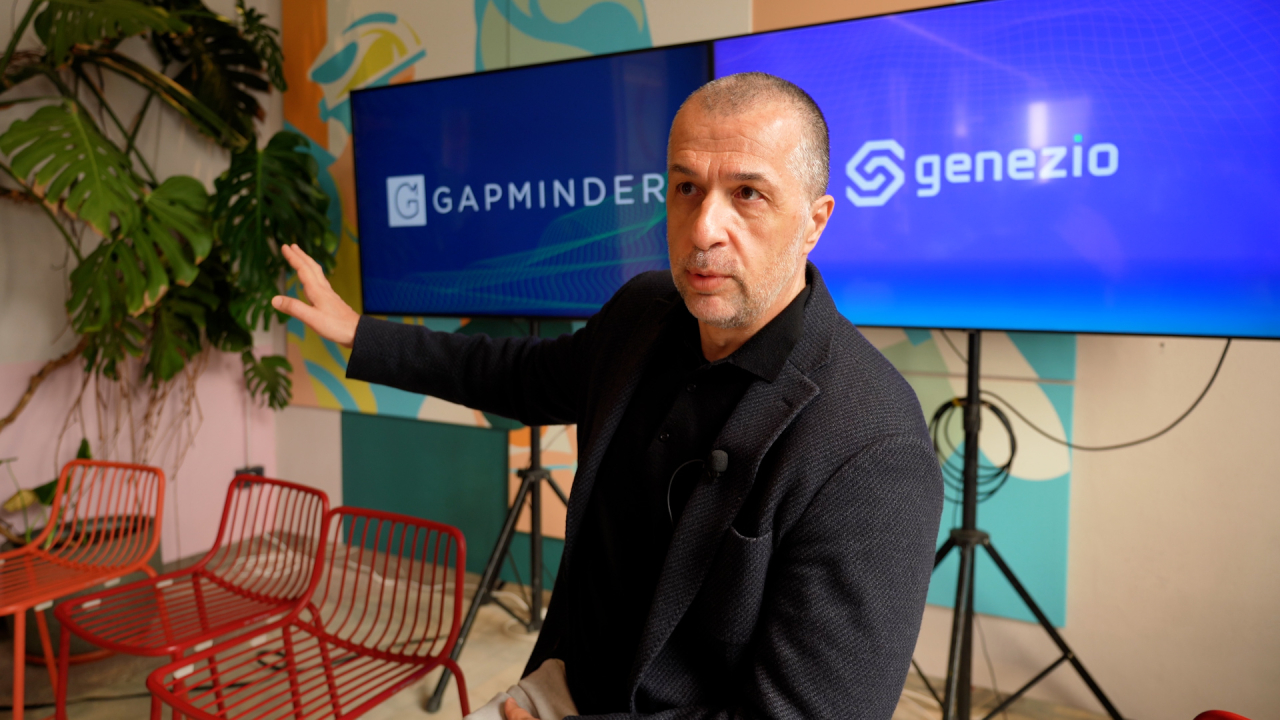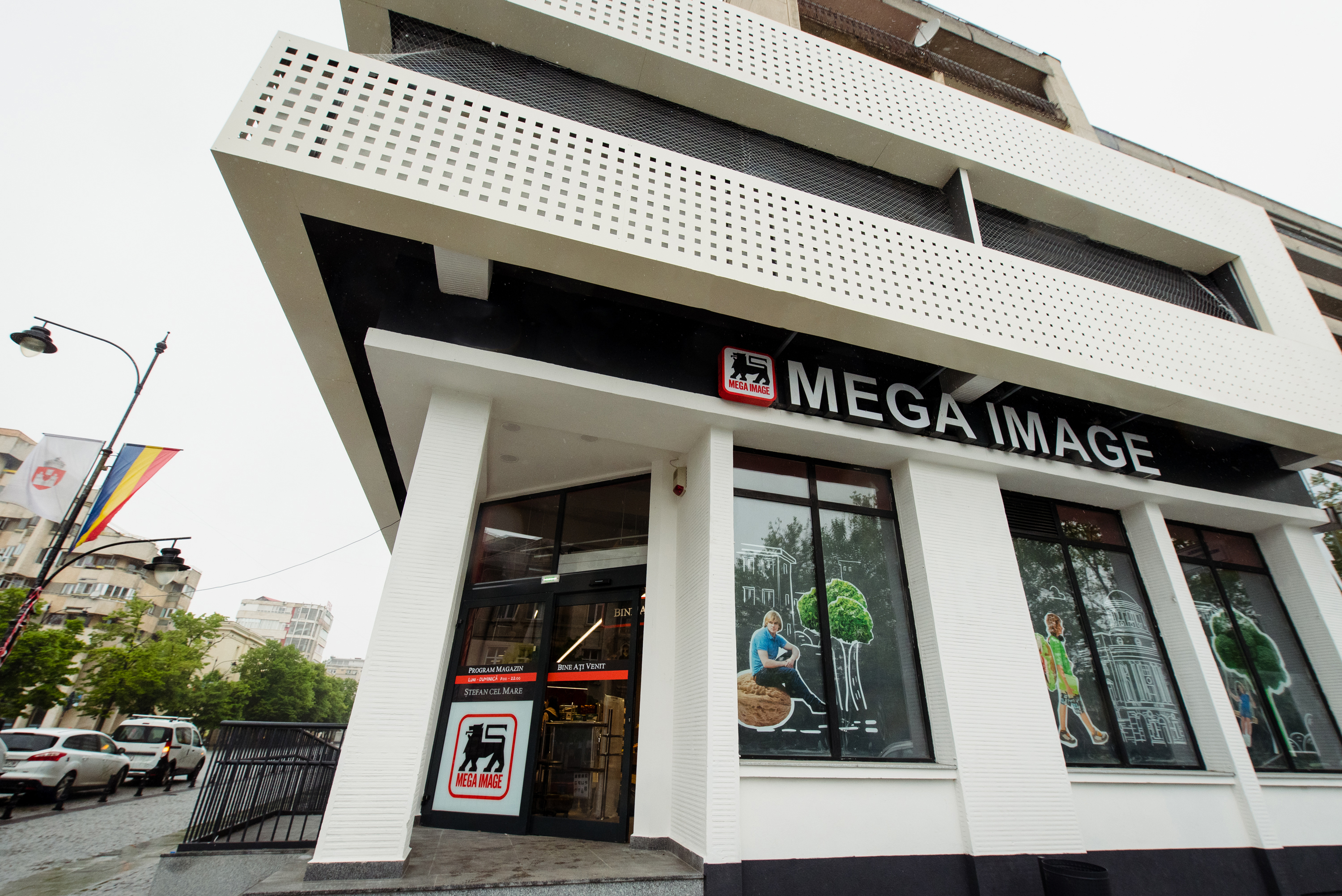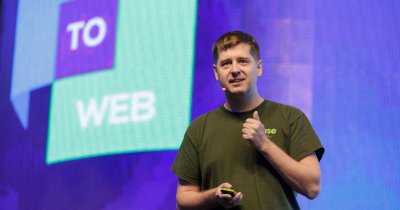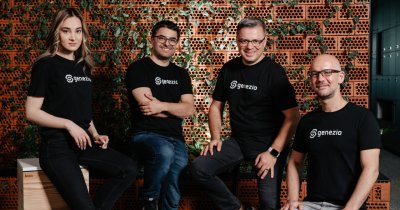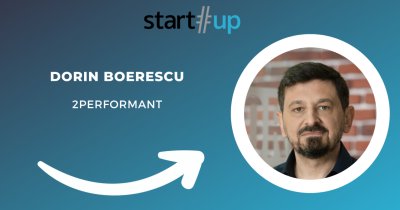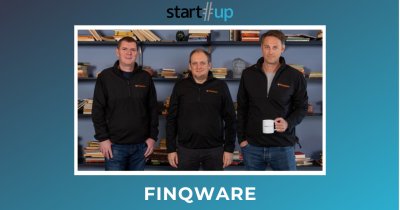Bunnyshell creates replicas of production environments, no matter how complex the architecture is and what services are used. It automatically spins up new environments with every pull request as part of your development life cycle, for development, testing, demo or for the deployment of your application in your customers cloud. Bunnyshell’s EaaS includes availability rules to manage the cost of resources as well as auto-update to avoid drift issues.
With all the amazing innovations surrounding production environments like Kubernetes, Helm, and Terraform, the developer's life has become even harder. Development still happens on a laptop, configured by hand, and in most cases, their environment is different from production. Bunnyshell wants to solve "it works on my machine" once and for all by providing production-like environments to developers.
Alin Dobra, co-founder and CEO of Bunnyshell, said: “We plan to focus more on the market in North America and help more CTOs and engineering leaders release faster and unleash bottlenecks. The complexity of today’s software architecture, with cloud native services, security policies, datasets and more, makes managing environments a complex process that requires multiple DevOps engineers. We established Bunnyshell so that developers can focus on delivering code and so that organizations can ship faster without the need to hire dozens of DevOps engineers. Shani brings a wealth of experience in building scalable go-to-market organizations and taking DevOps products from individual developers to enterprise tools.
Historically developers would develop their code on limited and outdated production replicas, resulting in multiple defects in staging and pre-production leading to bottlenecks in merging code and refactoring. With Bunnyshell developers can now develop and test their code as close to production as possible which results in lower rollback, higher code quality and more frequent releases.
“Having worked with CTOs and VPs of Engineering in prior roles, I've seen the challenges of managing environments first hand, so when Bunnyshell reached out to me, I was immediately interested. Developers spend close to a fifth of their time managing environments and it was a bottleneck for many of my customers. EaaS is a painkiller for any organization with over two or three dozen employees, no matter the vertical. As long as you have a containerized application you will benefit from that”, said Shani Shoham. “I was impressed with the traction that Bunnyshell has gained in Europe with little effort. We plan to grow aggressively in the US and globally.”
“Most EaaS solutions work well for simple applications. Bunnyshell’s EaaS platform delivers its promise for complex applications that spread across repos and cloud providers, requiring no Kubernetes knowledge,” said Cristian Munteanu, Managing Director at Early Game Ventures. “Shani’s addition to the team will set the company in the position to be the category leader bringing its flexibility, auto-update capabilities and multi-cloud support to many engineering organizations in the US”.
Bunnyshell was founded by Roxana Ciobanu and Alin Dobra, and succeeded in the European market. The company will use this extended investment to expand its US operation, including hiring Shani Shoham as its Chief Revenue Office to lead its sales, marketing and customer success teams. Shani was previously founder and CEO of 21 Labs, which was acquired by Perforce Software, as well as the President of Testim.io, which was acquired by Tricentis.
Bunnyshell is an Environments as a Service platform that makes it incredibly easy to create and manage full-stack environments for development, staging and production so your team can deliver software faster and focus on building great products.
With Bunnyshell you can create environments in your own cloud, from the simplest static websites to the most complex (e.g. microservices with many cloud-native dependencies) applications. Bunnyshell supports on-demand or automatic creation of production, development and staging environments. Our platform tracks your source code changes and based on triggers defined at the project level can automatically update existing environments or build new ephemeral environments for every Pull request.
 Oana Coșman
Oana Coșman

